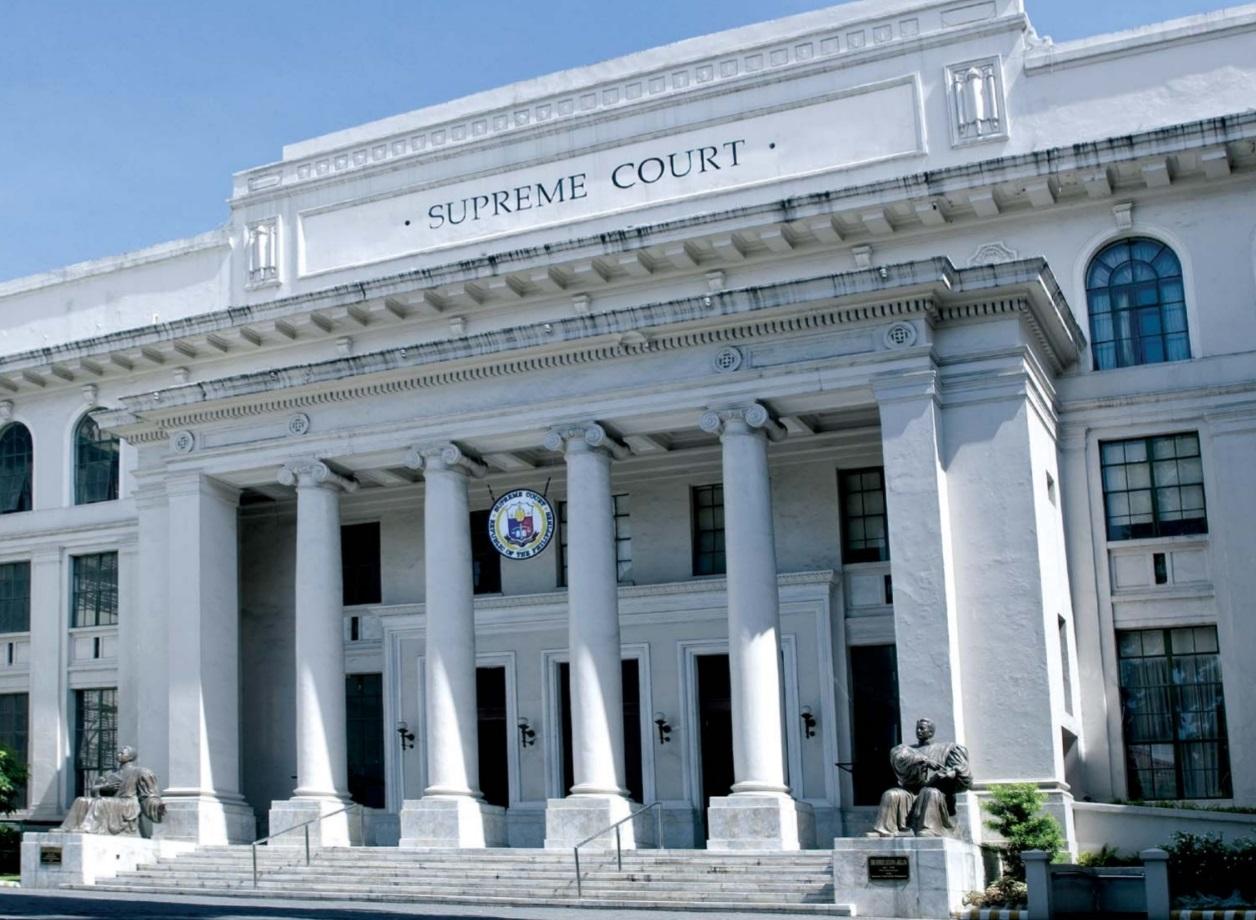Oral arguments on anti-terror law to push through on Feb. 2

Oral arguments on the anti-terrorism law will push through next week after the Supreme Court (SC) denied Solicitor General Jose Calida's bid to have it cancelled over COVID-19 fears.
In a January 19 resolution, the SC said it will proceed with oral arguments on February 2, and wait until the proceedings are concluded before acting on the petitioners' requests to stop the implementation of the law while the case is pending.
In the same resolution, the court denied a motion by the Office of the Solicitor General (OSG) seeking the cancellation of the event over concerns that it would contribute to the spread of the virus that causes COVID-19, including its new variant from the United Kingdom.
The court earlier rescheduled the oral arguments from January 19 to February 2 after an assistant solicitor general and some staff who will attend tested positive for COVID-19.
"...This Honorable Court is invited to go beyond the biological impact of COVID-19 on the affected Assistant Solicitors General, but on the psychological trauma which COVID-19 wrenches on the other solicitors preparing for the Oral Argument as well," the OSG said in a filing.
The OSG previously moved for a cancellation but the court ruled to conduct in-court oral arguments and limited the number of lawyers who will argue and other attendees.
Participants and attendees have to present a negative COVID-19 test result taken within 72 hours before the oral arguments.
Thirty-seven petitions have been filed assailing the anti-terrorism law, making it one of the most challenged Philippine laws.
Retired SC justices Antonio Carpio and Conchita Carpio Morales are among its critics, as well as lawmakers, activists, teachers, students, artists, and journalists, who argue that it could violate basic rights and legitimize supposed state attacks against government critics.—AOL, GMA News



